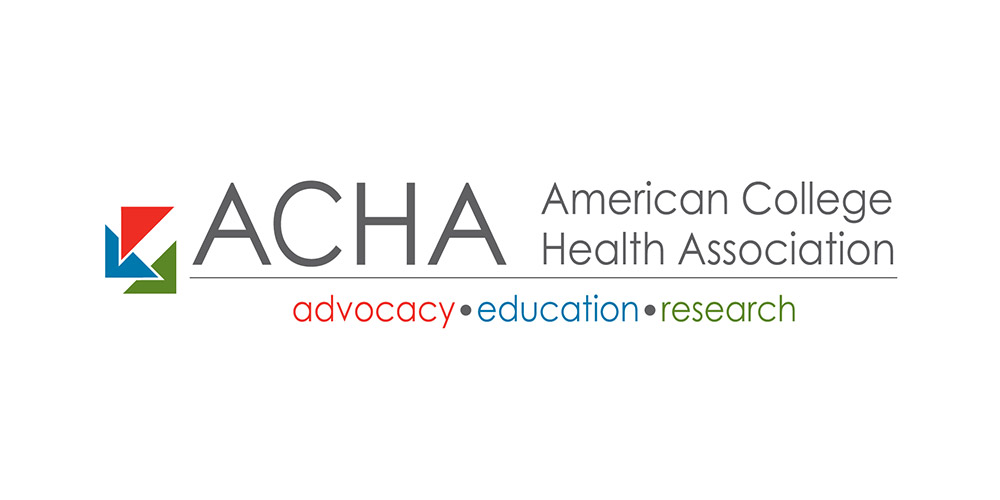The American College Health Association (ACHA), a non-profit advocacy group for college health, announces the release of its new toolkit, Addressing Sexual and Relationship Violence: A Trauma-Informed Approach.
This toolkit, developed by ACHA’s Creating Guidance for Addressing Sexual Assault Task Force, describes a public health model of trauma-informed care and provides guidance on engaging all campus constituents in creating a trauma-informed campus.
The new toolkit was developed using best practices, current research and resources from key organizations, including The U.S. Centers for Disease Control (CDC), the Substance Abuse and Mental Health Services Administration (SAMHSA), and the National Child Traumatic Stress Network (NCTSN). Their expertise has been used to inform guidance related to trauma, its impact, and effective ways to respond and has tailored this guidance specifically to the field of college health and wellness.
The toolkit is also a resource for higher education institutions to use when developing prevention programming as well as response to incidents of sexual violence experienced by a campus community member.
The development of effective prevention programming and comprehensive response to sexual and relationship violence requires a university-wide commitment to the values of trauma-informed practice, as well as a commitment to institution-wide use of promising practices in gender-inclusive and culturally-relevant victim/survivor-centered care and programming, according to the organization.
Trauma-informed systems ask “What has happened to you?” rather than “What is wrong with you?” It views victims and survivors as the experts on their own needs.
According to SAMHSA, the six key principles of a trauma-informed approach include:
- Safety — including both physical and emotional safety.
- Trustworthiness and transparency — keeping open communication between all levels of campus personnel.
- Peer support — peers are key caregivers within the recovery and healing process.
- Collaboration and mutuality — recognizing the importance of decision-making with emphasis on unbiased partnerships.
- Empowerment, voice and choice — recognizing strengths of those who have experienced trauma and giving them a platform to voice their experience.
- Cultural, historical and gender issues — acknowledging historical trauma and experiences, cultural stereotypes, biases and myths associated with sexual and relationship violence.
“As an association of college health and wellness professionals, it is our goal to help institutions create safe campuses in which all students, faculty, and staff can thrive and succeed,” says ACHA’s CEO, Devin Jopp, EdD. “ACHA recognizes the importance of providing institutions of higher education with the tools needed to combat sexual violence on campus, and to respond effectively if it happens; and we believe this toolkit will be a tremendous asset for campuses of all types and sizes.”
Click here to download a PDF of the toolkit. ACHA will be also be hosting a webinar in March 2018.







